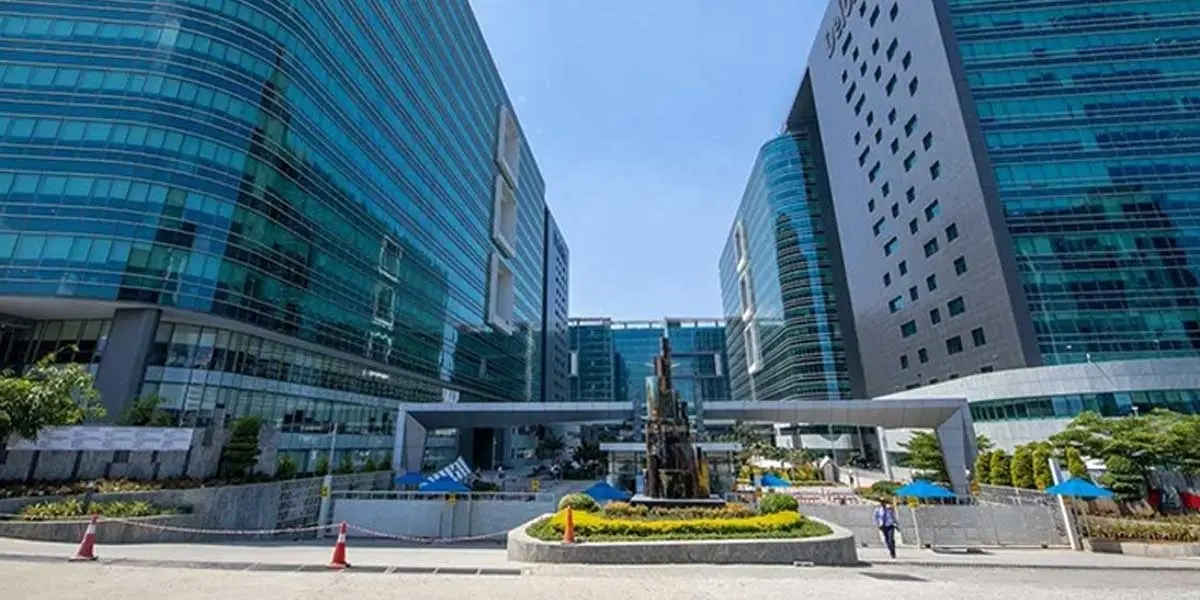develop and implement robust cybersecurity strategies that can adapt to the evolving threat landscape.
This article explores key strategies for securing smart manufacturing operations and protecting sensitive data, while ensuring operational continuity and resilience in the face of cyber threats.
Developing Flexible Cybersecurity Strategies Aligned with Evolving Business Processes
As manufacturing processes become more interconnected and reliant on digital technologies, the cybersecurity landscape has become increasingly complex. To address this, businesses must develop cybersecurity strategies that are not only robust but also flexible enough to adapt to changing technologies and business processes.
One of the key aspects of a successful cybersecurity strategy in smart manufacturing is ensuring that security measures align with business goals and the evolving technology stack. As organizations move towards more digitized and automated operations, it is essential to integrate cybersecurity practices into the design of systems, processes, and infrastructures from the very beginning. This proactive approach ensures that security is embedded into the DNA of the organization, preventing potential vulnerabilities before they can be exploited.
Moreover, businesses should implement adaptive security models that allow for continuous updates and improvements as new risks emerge. This includes incorporating security by design, implementing automated security controls, and ensuring the ability to respond quickly to new and emerging threats.
Re-envisioning Business Processes to Deliver Next-Generation Business Outcomes Securely
In the age of smart manufacturing, security cannot be a standalone function; it must be embedded into the core of every business process. To securely deliver next-generation business outcomes, organizations must rethink their processes and incorporate security measures into every stage, from design to implementation and beyond.
This includes the development of secure digital twins, the creation of secure supply chains, and the use of secure data analytics platforms. By focusing on securing these processes at each stage, manufacturers can avoid potential risks and create a resilient manufacturing ecosystem that can continue to function effectively even under threat.
For instance, business continuity plans should be re-envisioned to incorporate cybersecurity measures that address cyberattacks on critical infrastructure, production systems, and customer-facing services. These plans should be reviewed and updated regularly to reflect the latest trends and emerging threats.
Implementing Advanced Technologies to Enhance Cyber Defense Capabilities and Resilience
Smart manufacturing is heavily reliant on technologies such as IoT, AI, and robotics. While these technologies bring immense benefits in terms of automation and data collection, they also create additional attack surfaces for cybercriminals. To effectively protect against cyber threats, manufacturers must implement advanced technologies that enhance their cyber defense capabilities.
Key technologies that can improve cybersecurity in smart manufacturing include:
- AI and Machine Learning for Threat Detection: Artificial intelligence and machine learning can be used to analyze vast amounts of data in real time, identifying potential security breaches or unusual activity within the network. AI-powered systems can learn to recognize patterns and anomalies, enabling them to detect threats much faster than traditional methods.
- Blockchain for Secure Transactions: Blockchain technology provides a secure, decentralized way to track transactions, ensuring the integrity and authenticity of data. For manufacturers, blockchain can be used to secure supply chain transactions and product lifecycle information, providing transparency and preventing tampering or fraud.
- IoT Security: With the proliferation of connected devices in manufacturing environments, securing IoT devices is critical. Manufacturers must implement IoT security frameworks that ensure the protection of devices, networks, and data generated by these devices.
- Cloud Security Solutions: As more manufacturers move to cloud-based solutions for data storage and computing, cloud security becomes a key area of focus. Utilizing cloud-native security tools, such as encryption, multi-factor authentication, and data loss prevention, can safeguard sensitive data from cyber threats.
By incorporating these advanced technologies, manufacturers can improve their ability to detect, prevent, and respond to cyber threats in real time, significantly enhancing their resilience to attacks.
Ensuring Compliance with Regulations to Mitigate Cyber Risks and Protect Sensitive Data
Manufacturers operate in a highly regulated environment, with stringent laws governing the protection of sensitive data, such as customer information, intellectual property, and trade secrets. Ensuring compliance with data protection regulations is not only a legal obligation but also a critical component of any cybersecurity strategy.
Manufacturers should stay up-to-date with the latest regulatory requirements, such as the General Data Protection Regulation (GDPR), the Cybersecurity Act, and other industry-specific standards. Compliance with these regulations helps mitigate the risk of data breaches and penalties, while ensuring that manufacturers maintain customer trust.
Organizations should establish a compliance framework that includes regular audits, risk assessments, and the implementation of security controls that meet or exceed regulatory requirements. Additionally, organizations must train employees on compliance standards and ensure that cybersecurity policies and procedures are adhered to throughout the organization.
Integrating Real-Time Monitoring Systems to Detect and Respond to Cyber Threats Promptly
In a smart manufacturing environment, systems and devices are constantly communicating with each other, generating vast amounts of data. While this connectivity offers tremendous opportunities, it also increases the risk of cyberattacks. Therefore, real-time monitoring is critical to ensure that potential threats are detected and mitigated before they can escalate into serious incidents.
Real-time monitoring systems allow manufacturers to continuously monitor their networks, devices, and systems for signs of intrusion or malicious activity. By using advanced analytics and AI-driven solutions, manufacturers can identify vulnerabilities and threats in real-time, enabling them to take immediate action.
Additionally, integrating incident response protocols with real-time monitoring systems ensures that manufacturers can respond to security incidents swiftly and effectively. Automated response mechanisms, such as isolating compromised systems or blocking suspicious traffic, can help contain threats before they cause significant damage.
Conclusion
As smart manufacturing continues to evolve, so too must the cybersecurity strategies that protect these interconnected systems. By developing flexible cybersecurity strategies, re-envisioning business processes, and implementing advanced technologies, manufacturers can effectively safeguard their operations against cyber threats. Moreover, ensuring compliance with regulations and integrating real-time monitoring systems will provide added layers of protection, ensuring that businesses can thrive in a digitally connected world while safeguarding sensitive data and maintaining operational continuity.









